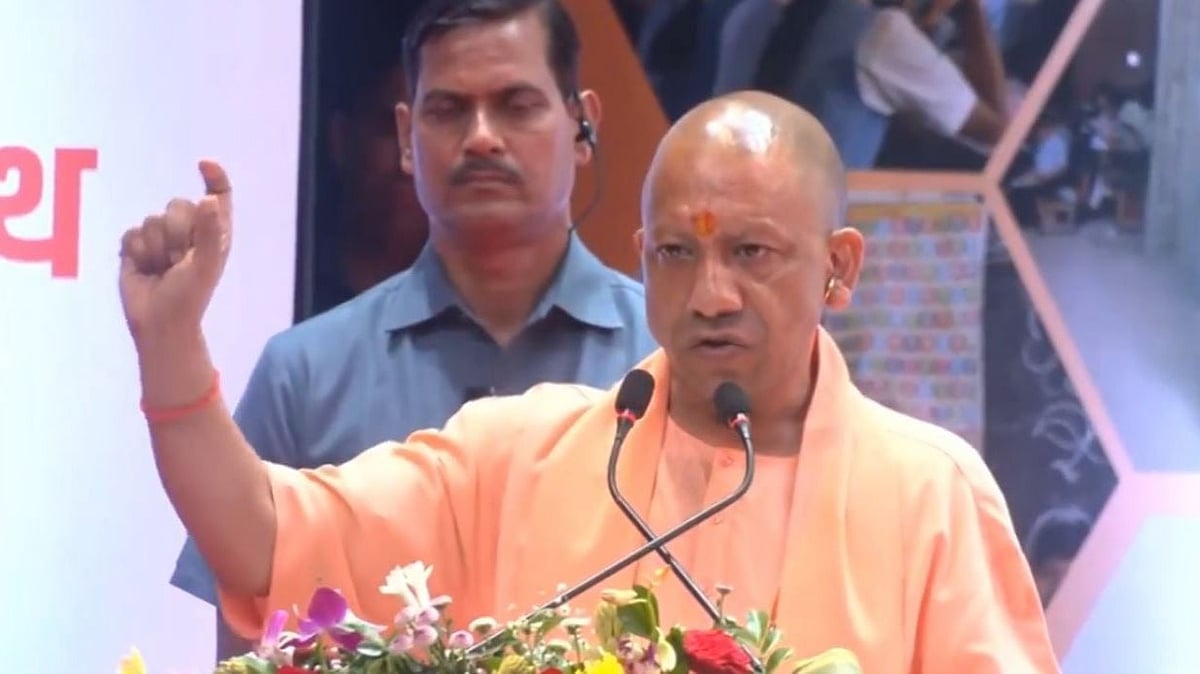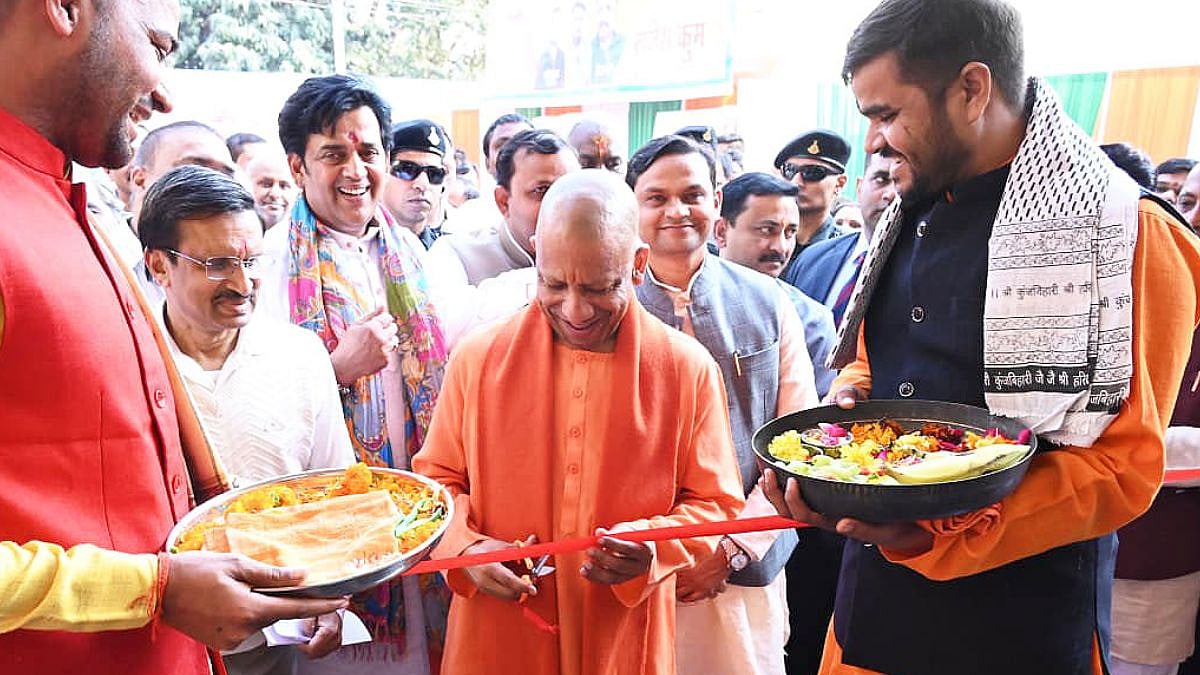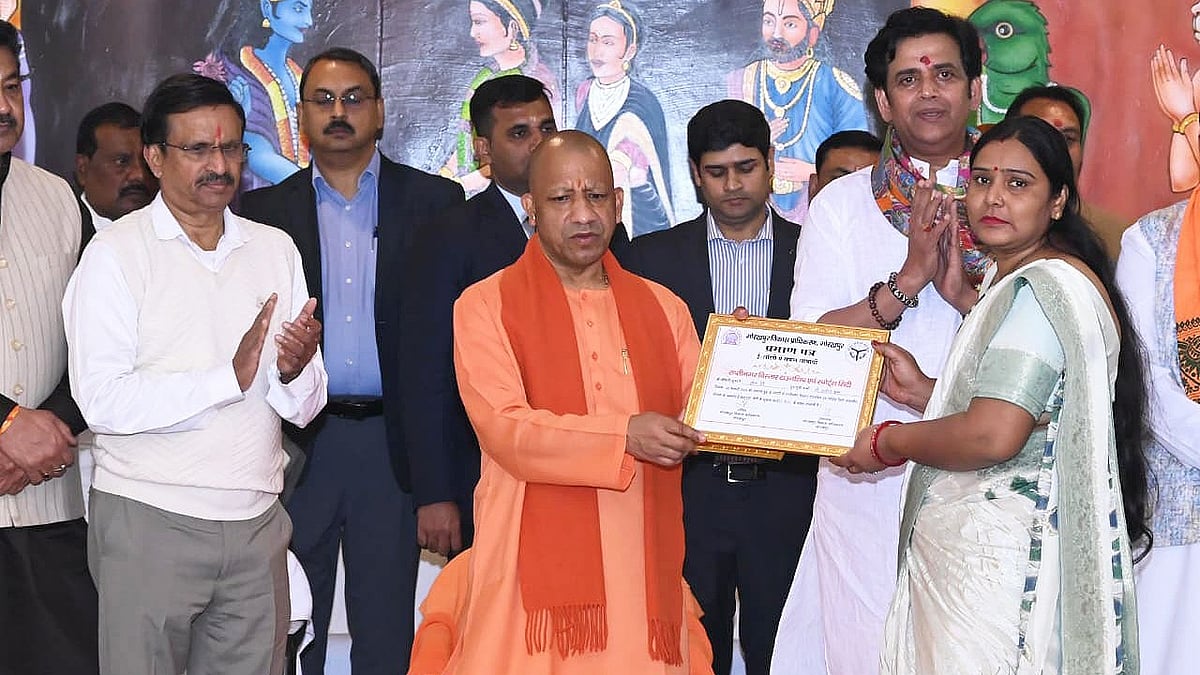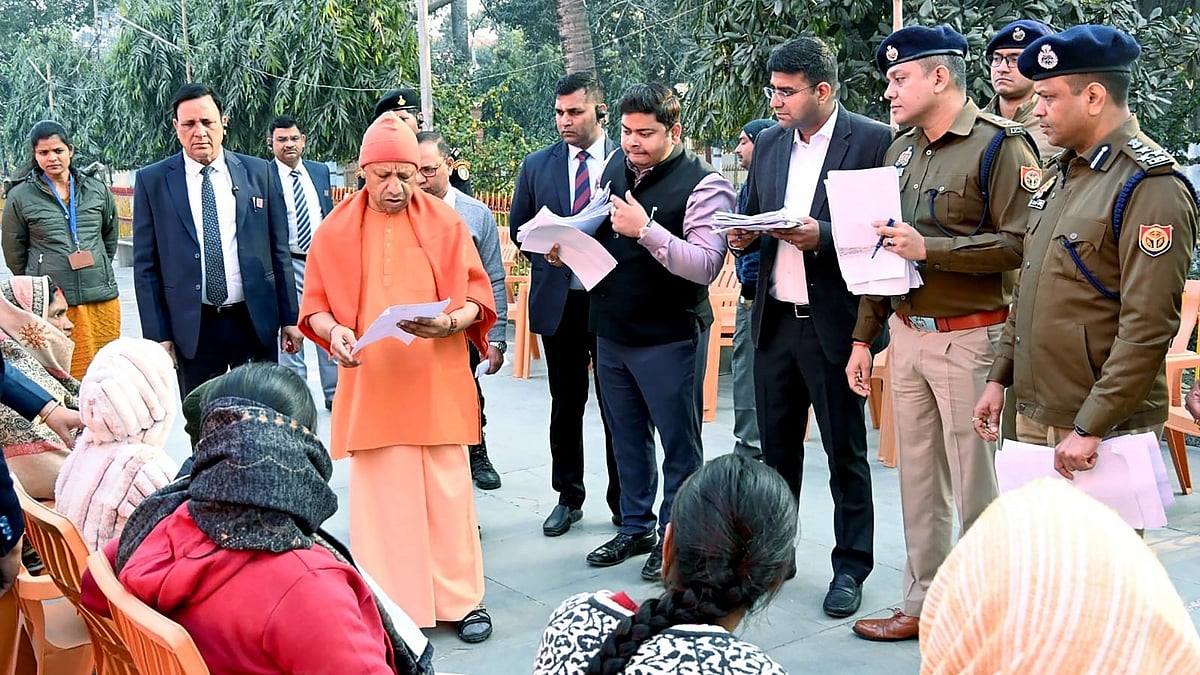Mahatma Gandhi will never become obsolete or outdated,’ opined Dr Nelson Mandela, himself every inch a Gandhian in thought and deed. On his 150th birthday, it is imperative to rediscover and reassess Mahatma Gandhi and his yeoman service to mankind.
Gandhi is not a person, he is a persona. He is not a mere individual, but an institution. It is not for nothing that the entire world deifies the man and brackets him with the saints of the highest order.
Gandhi was a practical idealist, who could envisage the social ills that plagued the Indian society and aptly said that before we could free ourselves from the clutches of an oppressive foreign rule, we must emancipate ourselves from the social anomalies and aberrations our society was steeped in. Unfortunately, we are still straddled in innumerable ills. Untouchability and social discrimination being the first and foremost.
Gandhi believed in basic human dignity. In a letter to his Scottish friend, Father C F Andrews, Gandhi wrote, ‘The very idea of degrading one's fellow humans seems Satanic to me.’
Social equality or a broader egalitarianism defined Gandhi’s philosophy and constituted it. It was Gandhi who could say with utmost conviction that, ‘God residing in every individual sounds sublimely sacred, but to me, every individual is god.’
Treating every individual as a sacred being augments Gandhi’s vision and galvanises us to emulate him. I’m sanguine that had he been alive today, he would
have been terribly upset seeing the rabid caste discrimination that is threatening to engulf the Indian society.
Gandhi had a purpose and genuineness of intent. That is why, while incarcerated at Aga Khan Palace, Poona in the final tenure of his imprisonment, the British Superintendent of Police, Patrick Quinn observed that Gandhi never allowed any man to clean the toilet and did the cleaning all by himself without any patronising display of piety or faux sense of equality.
Gandhi was a practical and pragmatic social reformer who believed in setting an example to be followed by others. On this count, he wasn’t an armchair philosopher or an airy visionary. He didn’t live in an ivory tower.
He mingled with the commoners and they could relate to him. When manual scavenging is still in practice after 72 years of independence, one must remember Gandhi’s telling words:
‘The day, we all will feel and realise from the recesses of our heart that the manual scavenging is not just an inhuman practice, but also demeaning to all humans including oneself, we will be able to see our faces into the mirror sans a semblance of shame and self-mortification’ (Courtesy: Harijan, August 1931, Navjeevan Press, Sabarmati).
Gandhi believed that we had no right to condemn apartheid of the western world so long as we treated our own brethren as ‘others’ and also disparagingly. Gandhi believed that education empowers. It ennobles, enlightens, emancipates and eventually develops empathy.
‘The cardinal objective of education is to imbue a person with the power of empathy; the power to feel someone else’s plight and predicament,’ Gandhi wrote to J B Kriplani. This is indeed the fundamental function of education: Enabling to empathise with others.
Gandhi understood this long ago and because of this, he was never in favour of accumulation of degrees. To him, proper education is ability to discern and tread on the path of Truth. His Truth wasn’t always God as people often misconstrue it.
His Truth was the Righteous Path, the path that finally leads to godhood. Decades ago Gandhi said, ‘To educate a woman, we educate a whole family and eventually, the whole nation.’ He, therefore, took it upon himself to teach his wife Kasturba how to read and write Hindi and Gujarati.
Far-sighted Gandhi believed that unemployment is on mind because a self-sufficient man is never unemployed. Gandhi would always exhort the youth to take up something on their own and invest their energy and skills in that.
Today’s start-up entrepreneurs can take a leaf out of Gandhi’s book and life. Despite being so devout, Gandhi gave the mantra: Work is worship but worship is not work. It was Purusharth (ultimate suitability and feasibility of being a human), not idle-worship that Gandhi believed in. Though a practising Hindu, Gandhi was a latitudinarian. He was never condescending to other faiths. Gandhi loved his country, but wasn’t a jingoist.
To encapsulate, Gandhi's whole life was a beacon to mankind. He was a reassuring light-post in the turbulent world. A noble soul, Gandhi saw nobility in all and sundry. Let’s pledge on his 150th birth anniversary that we shall strive to follow the path that he had shown to us and himself walked on to immortality.








